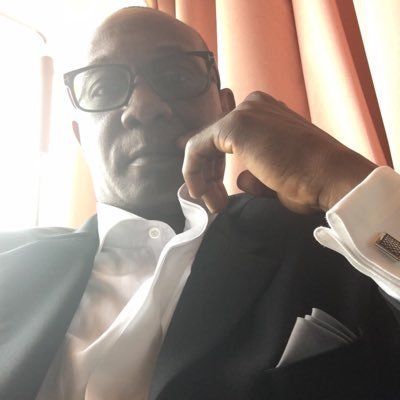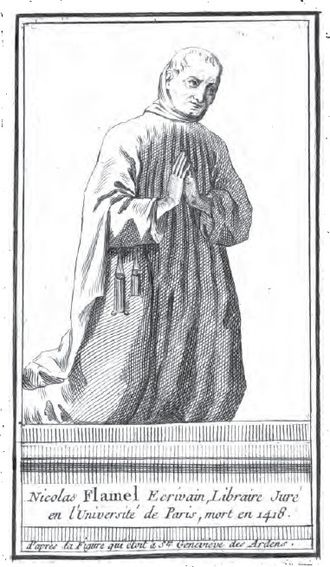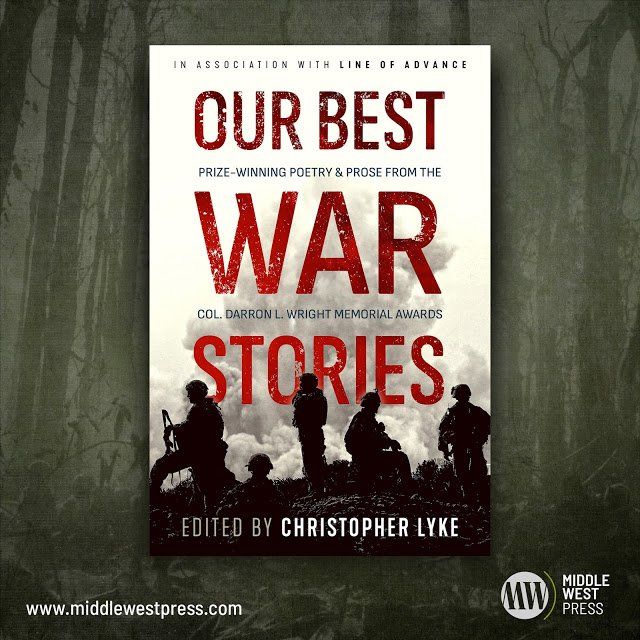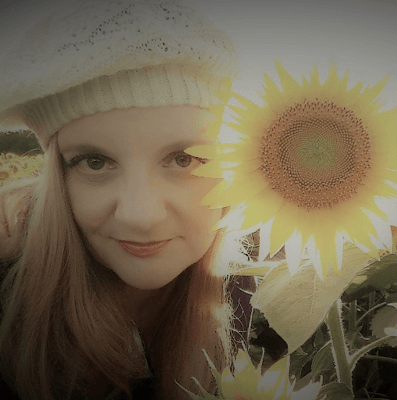Writers Talk Writing: T.O. Burnett

One of the things I try to do as a writer is to read widely and to learn something from every other writer I can find. Fortunately, the writing community is strong, and there are plenty of people willing to share with me and teach me new perspectives and techniques. As part of that community, I’m doing a series of occasional interviews with other writers across a variety of markets and genres.
My interview today is with science-fiction author T.O. Burnett, who has self-published two books in his Sapien series, available at Amazon. You can find out more about him and his writing at his website, or by following him on Twitter at @AuthorTOBurnett.
Read on to find out about his writing process as well as some great advice!
DAVE: Tell me a little bit about your writing journey. When did you start? What was your creative spark, so to speak?
T.O.: I started my first manuscript in December of 2016. I had been wanting to write for years prior to that, but finally got a spark from a conversation I had with a coworker/good friend about religion which, ultimately, ended with us discussing the origin of mankind and whether or not we (humans) were aliens on earth. I took the position that we were, and that's how my story was born. So my Sapien series is really a discussion about religion disguised as science fiction.
DAVE: It's always neat when a conversation becomes a story, and I feel like answering those "what if?" questions have led to a lot of great sci-fi.
T.O.: Yes, what appeals to me about science fiction is the creative freedom it allows. Not only does it allow it, it's the staple of the genre. I read sci-fi to see what new ideas the author has and to expand my own imagination. I write it to express my own creativity and to wow my readers.
DAVE: What are some of your favorite sci-fi writers, and do you think they influence your style at all?
T.O.: I enjoy George Orwell, Isaac Asimov, and Octavia Butler. If any of them influences my style, it would be Orwell, but even that is minimal. I try to be original. I'm actually more influenced by movie directors—George Lucas, conceptually; and Quentin Tarantino, stylistically. I've taken Lucas's approach to worldbuilding, and I've embraced the enthusiasm and freedom with which Tarantino approaches dialogue.
DAVE: You know, in my own work, I don't think I've ever thought about Tarantino as an influence, but maybe it's there and I just don't recognize it. My characters do say fuck an awful lot, after all. I can certainly recognize the influence of George Lucas, though. I think just about every science fiction author (to say nothing of every director) has been in sort of a conversation with Lucas. Star Wars was such a seminal cultural event, even those who don't like Lucas's style are reacting to it as they try to write something different or in opposition to it. One of the things Lucas did very well was create a fully realized world, which is something you definitely have with Sapien. Can you tell us a little bit about it?
T.O.: Sure. The Sapien solar system mimics the reality of our world. However, instead of being divided by continents, it's divided by planets. Not so ironically, my intent is to plant the seed that our continents actually came from the planets in the Sapien solar system—at least that's the case in my universe. My story revolves around segregation and the problems that come with it, but not blatant racism. They don't stoop that low. The plot is driven by one man's plan to consolidate all races of people on one planet (Earth), so that they could reach the next phase of evolution.
DAVE: There's a lot there! You're two books in so far. How many more do you think before you consider the story told?
T.O.: We'll see. Right now I'm working on the finale to the Sapien trilogy. Maybe. I'm about 85% of the way through the first draft. But I'm also three chapters into a dystopian novel, which I'm very much looking forward to giving all of my attention. That's actually on hold until I power through the last of the Sapien series. I also have rough drafts for three other science fiction stories done, so there's lots on the horizon.
DAVE: That's awesome that you've got so much stuff in the hopper. It's nice to feel that you've got somewhere else to land when you get done with a big project, although I confess that I sometimes wind up taking on too many stories at once. (But don't worry, readers, the three books in The Black Sun Series are already complete.) I'm sure I'm not alone in that. What advice do you have for other writers out there? And me, because I'm definitely looking for all the advice I can get.
T.O.: The best writing advice I can give is to write what your imagination shows you. Place your work into a category once it's done. Putting yourself in the box of a specific genre before you start limits you creatively. I would also advise new writers to start with stand-alone novels instead of a series, like I did. Although it allowed me to tell a complete story, it hurt my marketing possibilities. Learn to write on smaller scale projects. If my readers don't like the first book of my series, I can forget about them buying the second or third. They need to see your versatility early on. Give them options. Another piece of advice is to take your time with edits. Don't place time constraints on yourself; those are the enemy of creativity. I actually revised the first two books of my series and resubmitted them because of editing issues. I got some honest reviews that made me take a look at them. That brings up another point: be open to constructive criticism. Realize that not everything is an attack. Look at it with an open mind and fix what needs to be fixed.
DAVE: Those are great words of wisdom, particularly where feedback is concerned. I know that it took me a lot longer than it should have to go from a defensive to accepting posture when it came to criticism of my work. I'm glad I was able to finally learn to evaluate, accept, and integrate feedback into my work, because it's impossible to grow otherwise.
Thanks so much for having this discussion with me and giving me and everyone else some things to think about. To all the readers, go check out T.O.'s Sapien series!







